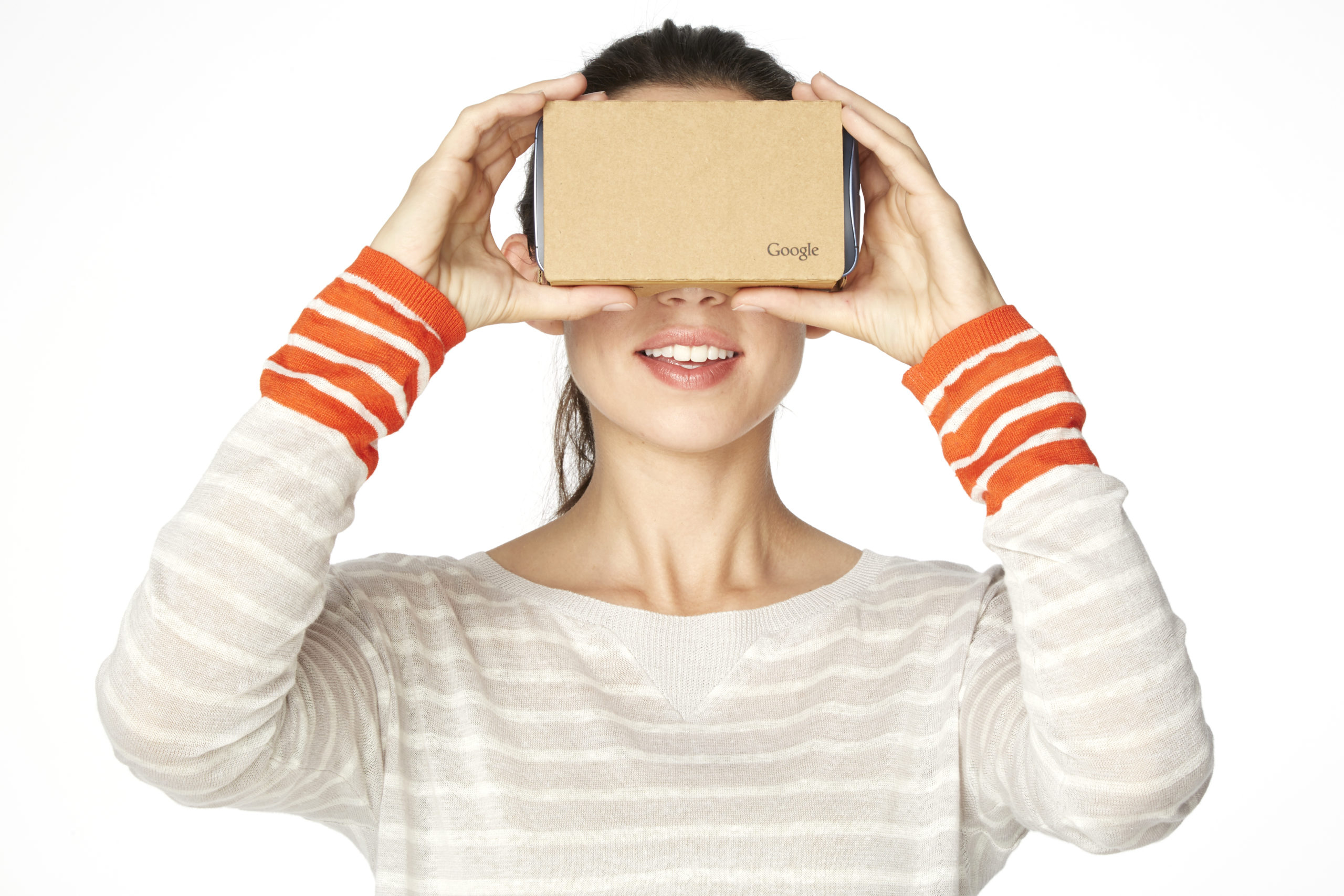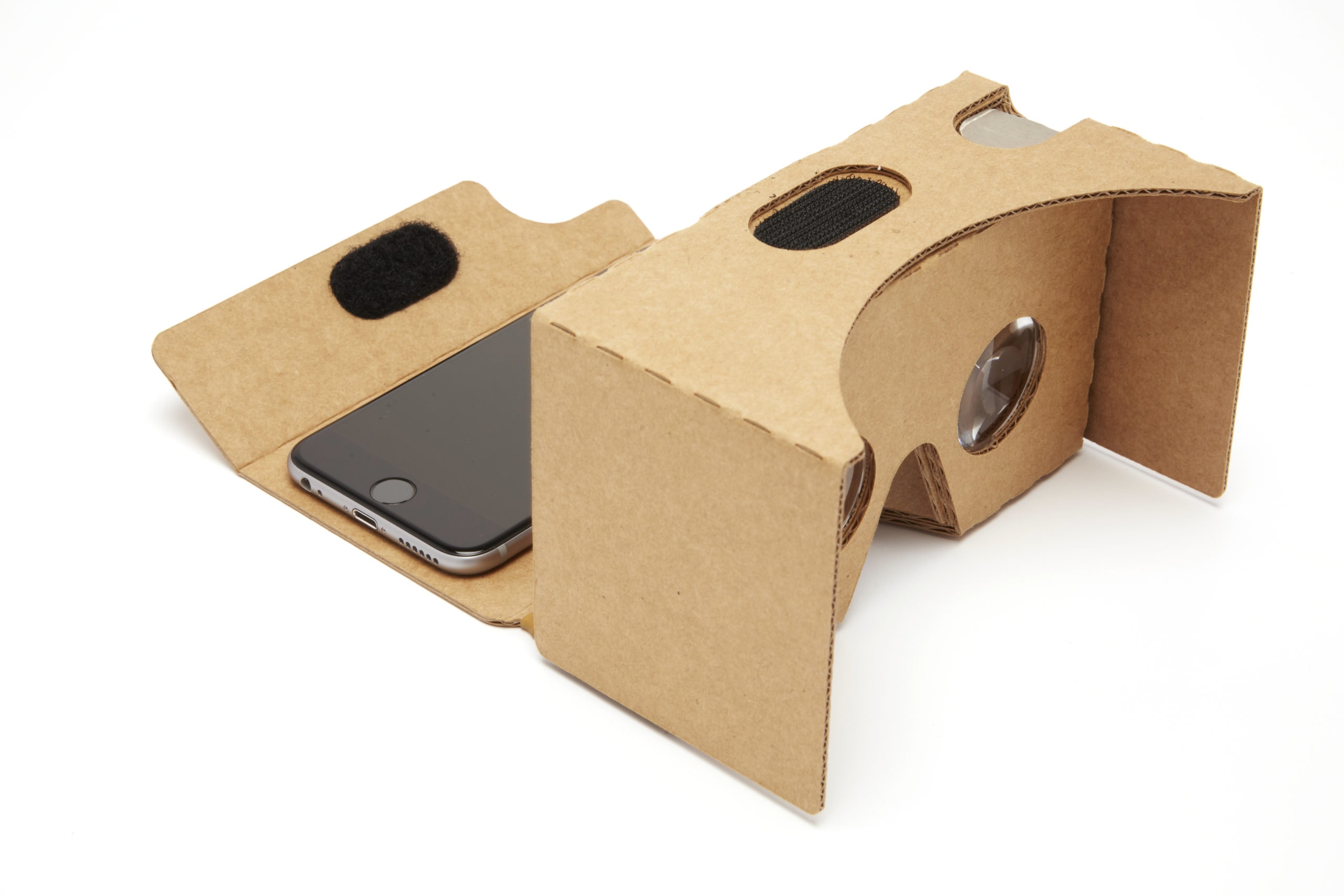Virtual Reality: Travel Brands Look to Google Cardboard
Share

APEX Insight: Cardboard has taken virtual hold of the travel industry, proving that high tech doesn’t have to come at high costs. Recent debuts of affordable virtual reality (VR) headsets, such as Google Cardboard, are poised to turn VR into a mass-market reality, allowing brands to give customers a compelling taste of adventure.
This story was originally published in the January/February issue of APEX Experience magazine.
Virtual reality (VR) has long been considered an explosive new medium just waiting to catch on. Prohibitive costs – Oculus Rift retails for around $500 – have left headsets in the hands of hobbyists and niche markets; but recent debuts of affordable alternatives, such as Google Cardboard, are poised to turn VR into a mass-market reality. Used in conjunction with a smartphone and costing as little as $20 for an assembly kit, Google’s offering lets consumers create and customize their own headsets.

Travel brands are diving in. Air New Zealand is offering 1,000 free Google Cardboard VR headsets to promote a virtual tour of its fleet of Boeing 777-300ERs. Kathryn Robertson, the airline’s general manager in the UK and Europe, touts passengers’ ability to “virtually step on board our aircraft and experience all three cabins and learn about our product in a new and unique way.”
Volvo has taken a similar approach. The automotive company’s app offers consumers a chance to virtually test-drive its newly unveiled XC90. On the hospitality end, Marriott, partnering with Samsung, has seized on VR’s potential for enriching travelers’ stays through the launch of VR Postcards. Guided narrative tours of far-flung locales from Chile to Beijing are available as immersive journeys, giving guests the chance to experience the story as their own.
Inexpensive options like Google Cardboard allow brands to give customers a compelling taste of adventure. The travel industry’s eager adoption of VR acknowledges that travelers crave novelty, and while solutions that rely on smartphone tech may not be sophisticated enough to be used for in-flight entertainment – especially for those prone to motion sickness, it’s only a matter of time before the high-tech and consumer worlds collide.
To learn more about technology issues critical to the aviation industry, attend APEX TECH, taking place June 8-9 in Los Angeles. See the full agenda and register here.


